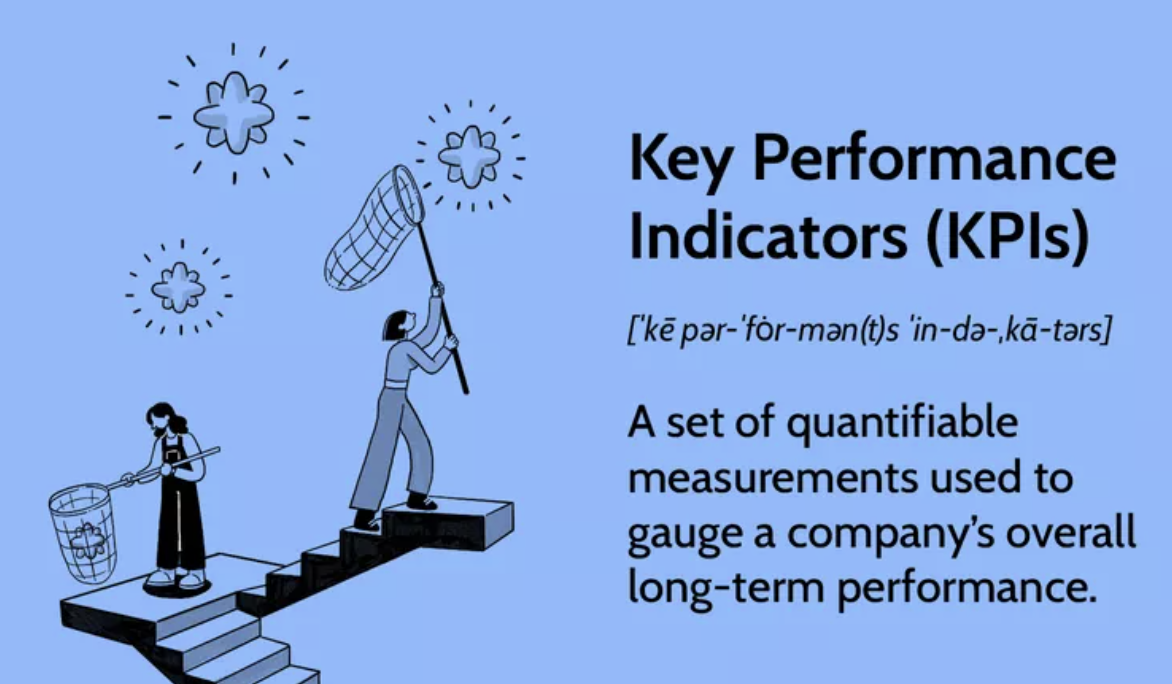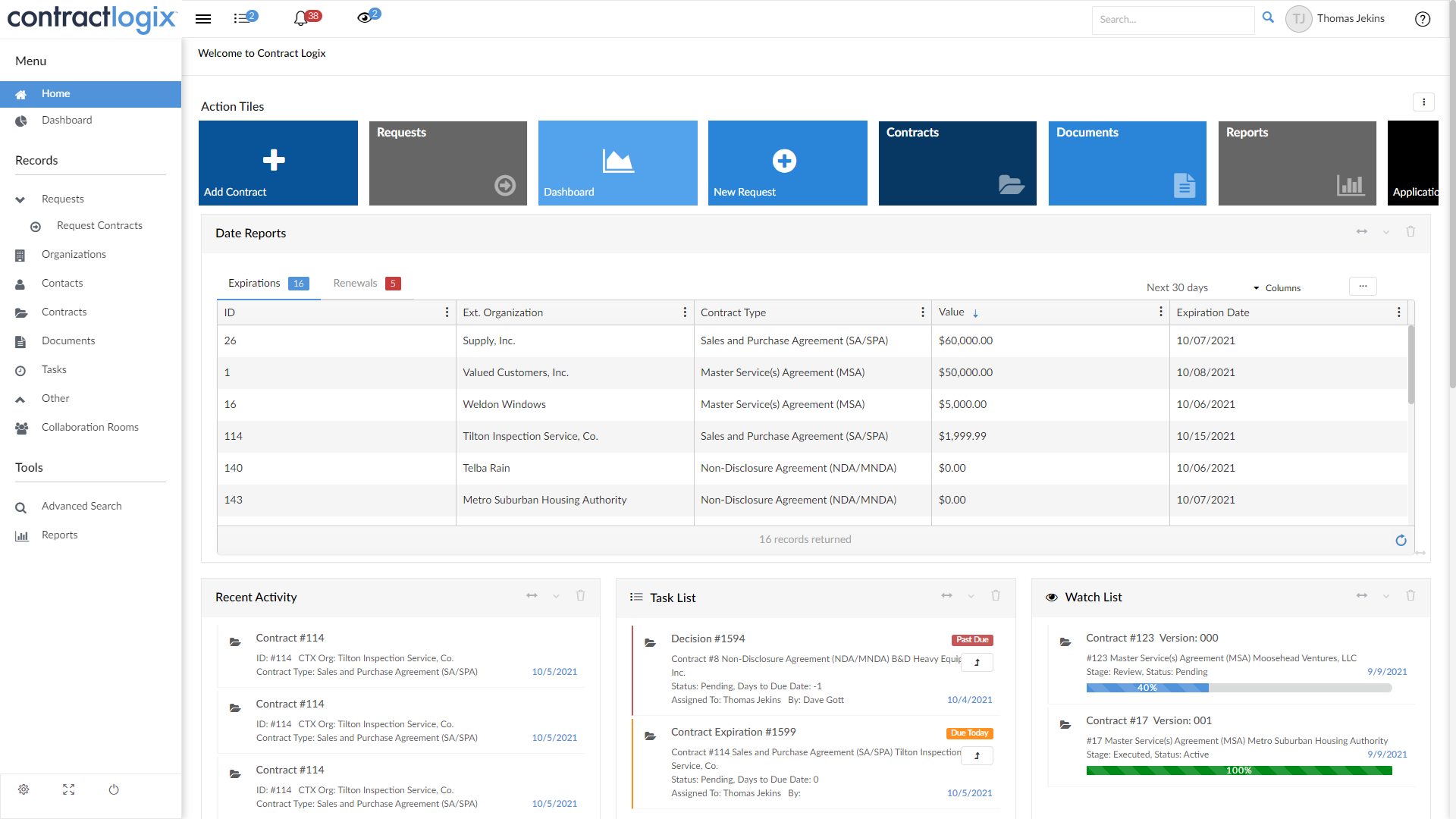A 10-Point Checklist for Contract Renewals
Sept 12th, 2023
Navigating contract renewals is an inevitable part of any professional’s life. Though routine, these activities can pose significant risks if not managed effectively. Each renewal provides an opportunity to reassess and renegotiate to better align with your current business goals.
Failure to carefully handle contract renewals can lead to missed opportunities, escalating costs, and potential legal liabilities. Additionally, an effective renewal process is vital for maintaining and improving relationships with your contract partners. Therefore, you need to approach contract renewals with a systematic, detail-oriented plan.
Here’s a helpful and proven 10-point checklist to guide you through your next contract renewal, focusing on mitigating risks and ensuring optimal outcomes.
Key Takeaways
- Effective contract renewals require comprehensive reviews of the existing contract, performance metrics, and legal changes.
- Open communication with stakeholders and the other party, coupled with diligent negotiation preparations, promotes successful contract renewals.
- The importance of updating contract terms, documenting changes, and implementing them effectively underscores the dynamic nature of contract management.
😉 Bonus: Check out our 10 KPIs for Successful Contract Management.
10-Point Contract Renewal Checklist
Managing contract renewals efficiently and effectively mitigates risks and ensures that the agreements continue to meet your evolving business needs. With this 10-point checklist, you can prepare for your next contract renewal confidently.
1. Review the Existing Contract
Start by comprehensively examining the existing contract. Dig into the details to scrutinize key terms, deadlines, obligations, and rights. Evaluate every provision and clause for its relevance and effectiveness and note any sections causing disputes or confusion. Review the contract with questions in mind:
- Were any contract elements difficult to enforce?
- Have any terms become obsolete?
- Is your organization over-providing any services due to ambiguous language?
Identifying these areas will shape the amendments you propose during renewal negotiations.
2. Evaluate Performance

Image Source: https://www.investopedia.com/terms/k/kpi.asp
Assessing the current contract’s performance is key to recognizing how effectively the contract terms are serving your business. Consider the KPIs laid out in the contract. Have the involved parties met their obligations? Has the contract delivered the expected benefits and returns? What were the challenges, and how much time and resources went into resolving them? This assessment allows you to pinpoint areas that need improvement and to identify successes to build on.
3. Check for Legal Changes and Compliance
Legal compliance is a major factor in contract management, with the average cost of non-compliance exceeding $4 million. Be sure to cross-check your contract against any recent legal or regulatory changes that might affect its validity. These include:
- Industry-specific regulations
- Data privacy rules
- Labor laws
- Mandated disclosures
Since non-compliance can lead to significant penalties, ensure your contract aligns with the current legal norms.
4. Identify Market Changes
Changes in the market can significantly impact your contract conditions. If there have been major shifts in competition, technology, or customer behavior, the appropriate teams must identify necessary edits before renewal.
Review areas such as:
- Pricing structure
- Delivery terms
- Compliance penalties
Assessing these elements will allow you to propose revisions that reflect current market realities, keeping your contract agile and relevant.
5. Update Scope and Terms
As your business evolves, so should your contracts. Renewals offer a chance to reassess the scope of your agreement to fit your current and future objectives. Review and renegotiate critical terms, such as service levels, payment schedules, termination rights, and confidentiality clauses. Keep in mind that a good contract not only addresses your present needs but also anticipates future growth and contingencies.
6. Discuss with Stakeholders
An effective contract benefits all stakeholders involved. Therefore, you need to include internal stakeholders in your review process. Gather their feedback on how well or poorly the contract serves their interests. Are there concerns or suggestions they want to address in the renewal? Their input can provide different perspectives, leading to a more effective and inclusive contract.
7. Communicate with the Other Party
Open, clear communication with your contract partner paves the way for a smooth renewal. As early as possible, express your intention to renew the contract, along with any major changes you will propose. This encourages them to review and share their expectations, fostering a collaborative negotiation. Understanding their viewpoint can help you forge a mutually beneficial agreement.
8. Draft and Review the New Contract
Using insights from your review, draft a new contract incorporating the proposed changes. Ensure it is comprehensive and clear to avoid ambiguity. Once the draft is ready, engage legal experts for a meticulous review and run any risk analysis tools available. This stage is crucial to spot any legal risks or loopholes, which could lead to disputes later.
9. Prepare for Negotiation
Contract renewals often involve negotiations, and it’s important to be well-prepared. Create a strategic plan with your key objectives, desired changes, and areas for compromise. Know your non-negotiables but be open to flexibility. Aiming for a win-win situation with clear boundaries will lead to successful negotiations.
10. Document and Implement Changes

After signing the renewed contract, the next important step is the accurate documentation of all changes. Using a centralized, encrypted contract repository and management system can help track these updates effectively. In addition, AI-powered data extraction tools with natural language processing (NLP) can automatically and accurately populate any new information from the contract.
Following this, communicate the changes to all relevant parties. A proper briefing about their revised responsibilities ensures seamless implementation of the new contract and avoids any potential misunderstandings or non-compliance.
Ace Contract Renewals with Contract Logix’s Comprehensive Contract Management Platform
Contract Logix’s unrivaled contract management platform gives your organization the tools to eliminate bottlenecks and streamline contract processes from drafting to execution and renewals.
Request a demo today to start streamlining your contract renewal process.
Looking for more articles about Contract Management? Check out our previous article “How to Digitally Transform Your Commercial Operations“.
Accelerate Your Digital Transformation With Contract Logix
Download our Data Extraction Product Brief to learn how you can automate the hard work using artificial intelligence


